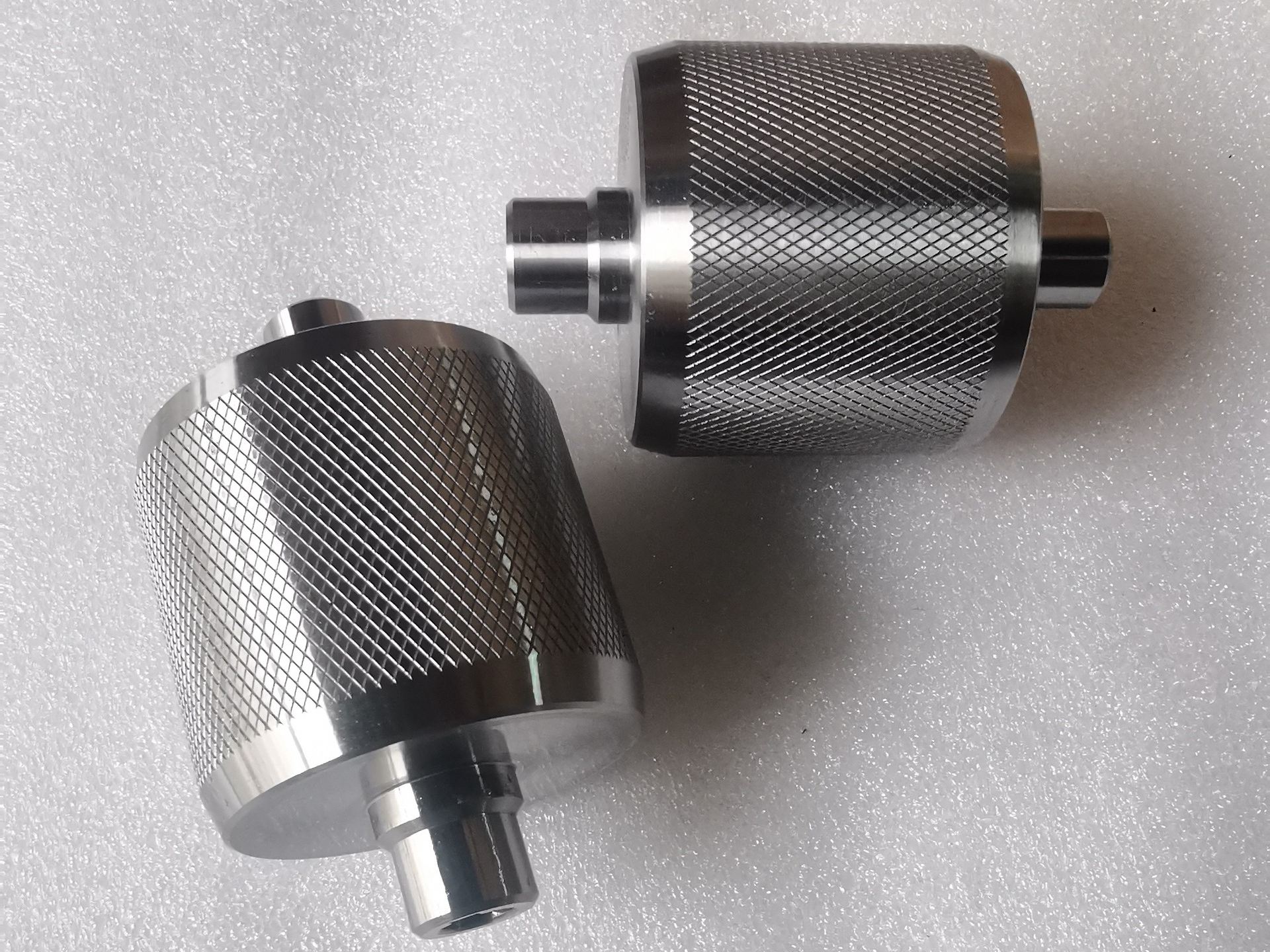Stainless Steel 316 CNC Machining for Corrosion-Resistant Medical Devices
Introduction
The medical industry relies heavily on precision-engineered components that demand exceptional hygiene, durability, and corrosion resistance. Stainless Steel 316, renowned for its biocompatibility and robust mechanical properties, has emerged as a top choice for manufacturing precise medical device parts. This detailed exploration highlights our advanced Stainless Steel CNC Machining capabilities for Stainless Steel 316, emphasizing manufacturing processes, material benefits, surface treatments, medical industry applications, and associated advantages and limitations.
Manufacturing Process
Our advanced CNC Machining Service for Stainless Steel 316 incorporates various high-precision techniques designed specifically to meet the stringent requirements of medical device components.
CNC Milling
Utilizing state-of-the-art equipment, our CNC Milling Service delivers intricate geometries necessary for complex medical components, ensuring dimensional precision and repeatability.
CNC Turning
Our dedicated CNC Turning Service specializes in creating rotationally symmetric and cylindrical parts, crucial for devices such as implantable components and precision surgical tools.
Precision Drilling
Our specialized CNC Drilling Service ensures accurate positioning and consistency of holes critical in medical assemblies, enhancing reliability in sensitive applications.
Multi-Axis CNC Machining
Our Multi-Axis Machining Service enables us to machine complex medical equipment components efficiently, reducing lead times and improving the overall quality and precision of the final products.
CNC Grinding
We leverage our precision CNC Grinding Service to achieve superior surface finishes and strict dimensional tolerances. This is particularly critical in meeting sterilization standards required by the medical industry.
Each machining operation adheres to stringent compliance standards to ensure compatibility and functionality within sensitive medical applications.
Material Focus: Stainless Steel 316
Stainless Steel 316 stands out in medical applications due to its unique chemical composition, enhanced with molybdenum, which provides notable advantages:
Exceptional Corrosion Resistance: Particularly effective against chloride-rich environments common in medical settings.
Superior Strength: The inherent strength of Stainless Steel SUS316 ensures reliability under mechanical stress, typical in surgical tools and implants.
Hygienic Properties: Exhibits excellent resistance to bacterial adherence, making it highly suitable for stringent medical hygiene standards.
Machinability: Provides optimal conditions for precision customization, enabling highly detailed and complex medical component designs.
These characteristics collectively enhance patient safety, component longevity, and performance reliability within diverse medical scenarios.
Surface Treatments
To maximize performance, durability, and hygiene standards required by medical industry protocols, our surface treatments for Stainless Steel 316 are carefully selected and expertly applied:
Electropolishing
Our Electropolishing process creates smooth, hygienic surfaces that significantly minimize contamination risks, an essential factor in surgical and implantable devices.
Passivation
By performing Passivation, we enhance the corrosion resistance of Stainless Steel 316, ensuring a robust chromium oxide layer forms, effectively safeguarding medical components against potential corrosion.
PVD Coatings
Using PVD Coatings, we significantly increase precision medical instruments' wear resistance and aesthetic appeal, extending their functional lifespan and performance reliability.
Sterilization-Ready Finishes
Our specialized sterilization-ready finishes ensure complete compatibility with rigorous medical sterilization processes, meeting all necessary safety and regulatory requirements.
Industry Application
Precision CNC machined Stainless Steel 316 components serve critical functions across various medical applications, proving indispensable in ensuring healthcare safety and efficacy:
Surgical Instruments
Precision-crafted surgical tools require the robust corrosion resistance and sterilization compatibility inherent in Stainless Steel 316, significantly impacting surgical outcomes and patient recovery.
Implantable Devices
Durable, biocompatible implants demand materials like Stainless Steel 316 to ensure long-term stability, resistance to body fluids, and compatibility with human tissues.
Diagnostic Equipment
Components machined from Stainless Steel 316 deliver precise reliability and accuracy in medical diagnostics, enabling healthcare professionals to diagnose conditions and administer treatments effectively confidently.
Medical Device Assemblies
Reliable Precision Machining Service ensures accurate component interactions, which are essential for devices such as orthopedic instruments and cardiovascular equipment, maintaining patient safety and procedural efficacy.
Advantages and Limitations
Advantages:
Superior corrosion and oxidation resistance, ideal for medical-grade environments.
Exceptional biocompatibility, promoting patient safety and comfort.
High strength, ensuring component reliability and long-term performance.
Compatibility with diverse sterilization processes, enhancing hygiene and safety standards.
Limitations:
Higher machining complexity and associated costs are due to the toughness and hardness of Stainless Steel 316.
Requirement for specialized machining expertise and tooling solutions.
Increased weight compared to lighter alternatives, such as titanium alloys, possibly impacting ergonomic designs.
Despite these considerations, the numerous advantages of Stainless Steel 316 justify its selection and continued preference within the medical device manufacturing industry.
FAQs
Why is Stainless Steel 316 preferred for medical device components? It offers superior corrosion resistance, biocompatibility, and strength required by medical standards.
What CNC machining techniques achieve optimal results for Stainless Steel 316? Precision CNC milling, turning, drilling, multi-axis machining, and grinding ensure optimal results.
How do surface treatments improve the safety and performance of medical components? Treatments like electropolishing and passivation enhance hygiene, corrosion resistance, and overall component durability.
What considerations are critical when machining medical-grade Stainless Steel 316? Machining complexity, specialized tooling, and maintaining stringent hygiene standards are critical considerations.
How does CNC machining ensure compliance with medical industry standards? CNC machining processes provide precise control over tolerances and finishes, meeting or exceeding medical standards for safety and performance.

